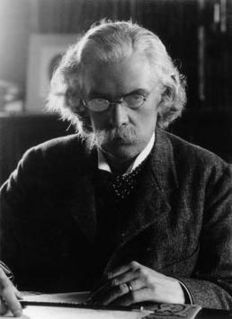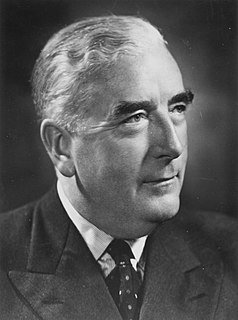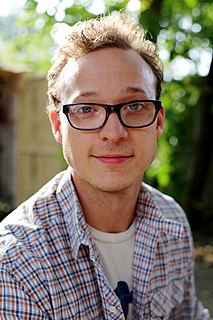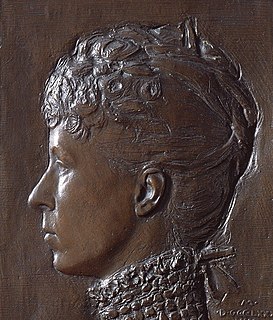A Quote by Fred Kaplan
It should be quite clear that it is possible for unpleasant people who are small in various ways other than in their artistic genius to produce great art. Art and morality have no necessary connection.
Related Quotes
Our time and attention is scarce. Art is not that important to us, no matter what we might like to believe... Our love of art is often quite temporary, dependent upon our moods, and our love of art is subservient to our demand for a positive self image. How we look at art should account for those imperfections and work around them. Keep in mind that books, like art museums, are not always geared to the desires of the reader. Maybe we think we are supposed to like tough books, but are we? Who says? Many writers (and art museums) produce for quite a small subsample of the... public.
Realism should only be the means of expression of religious genius... or, at the other extreme, the artistic expressions of monkeys which are quite satisfied with mere imitation. In fact, art is never realistic though sometimes it is tempted to be. To be really realistic a description would have to be endless.
Experiment is necessary in establishing an academy, but certain principles must apply to this business of art as to any other business which affects the artistic tic sense of the community. Great art speaks a language which every intelligent person can understand. The people who call themselves modernists today speak a different language.
There must be understanding between the artist and the people. In the best ages of art that has always been the case. Genius can probably run on ahead and seek out new ways. But the good artists who follow after genius — and I count myself among these — have to restore the lost connection once more.
Art is not and never has been subordinate to moral values. Moral values are social values; aesthetic values are human values. Morality seeks to restrain the feelings; art seeks to define them by externalizing them, by giving them significant form. Morality has only one aim - the ideal good; art has quite another aim - the objective truth... art never changes.
I believe Picasso's success is just one small part of the broader modern phenomenon of artists themselves rejecting serious art- perhaps partly because serious art takes so much time and energy and talent to produce-in favor of what I call `impulse art': art work that is quick and easy, at least by comparison.
There are various art forms we may or may not have talent for, may or may not have time for, and we may or may not be able to express ourselves in, but we ought to consider this fact-that whether we choose to be an environment or not, we are. We produce an environment other people have to live in. We should be conscious of the fact that this environment which we produce by our very 'being' can affect the people who live with us or work with us.



































